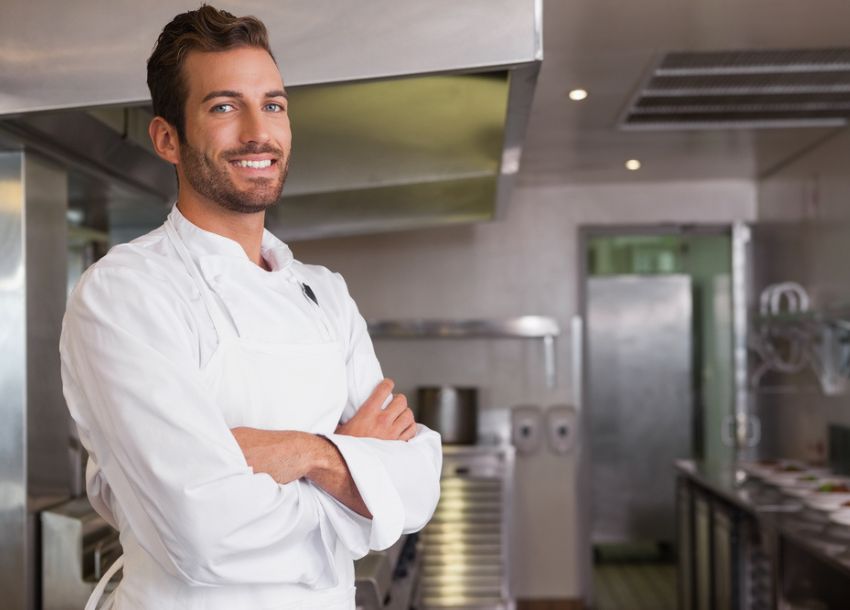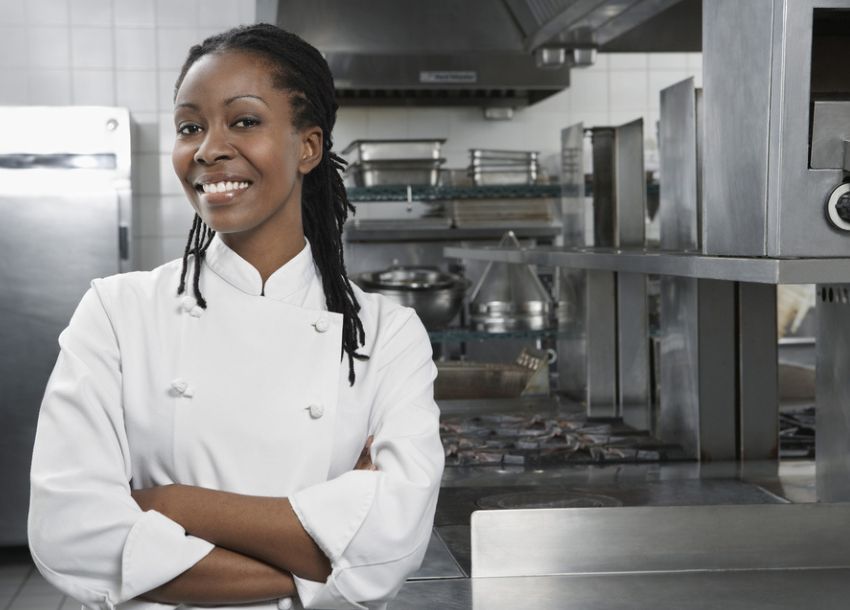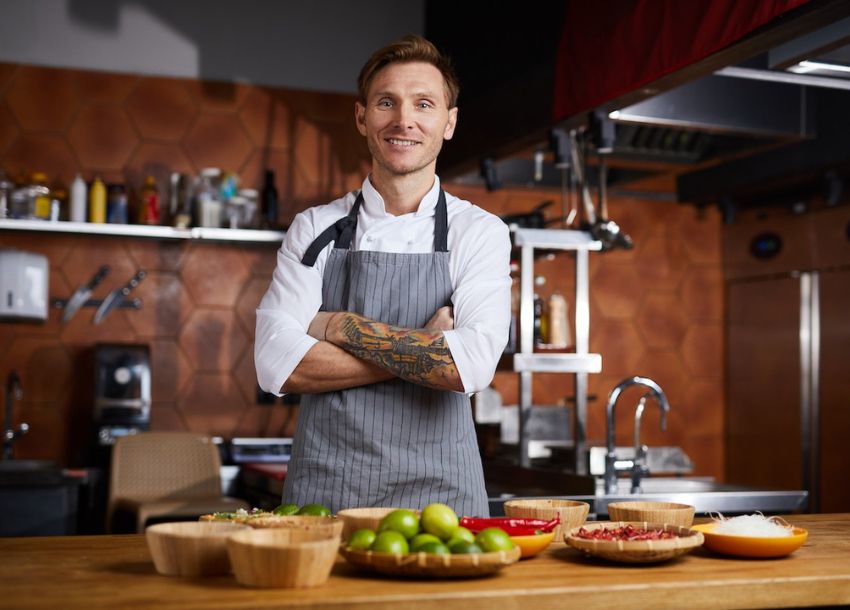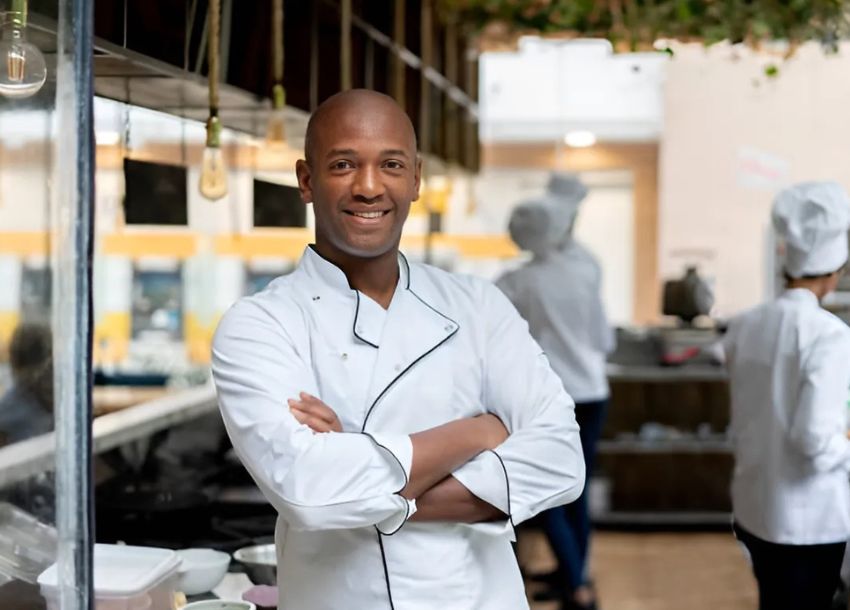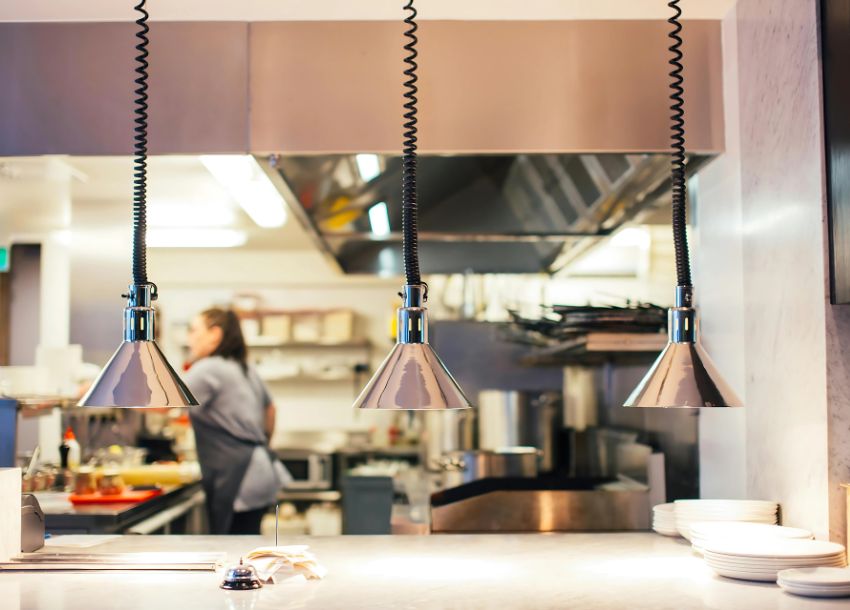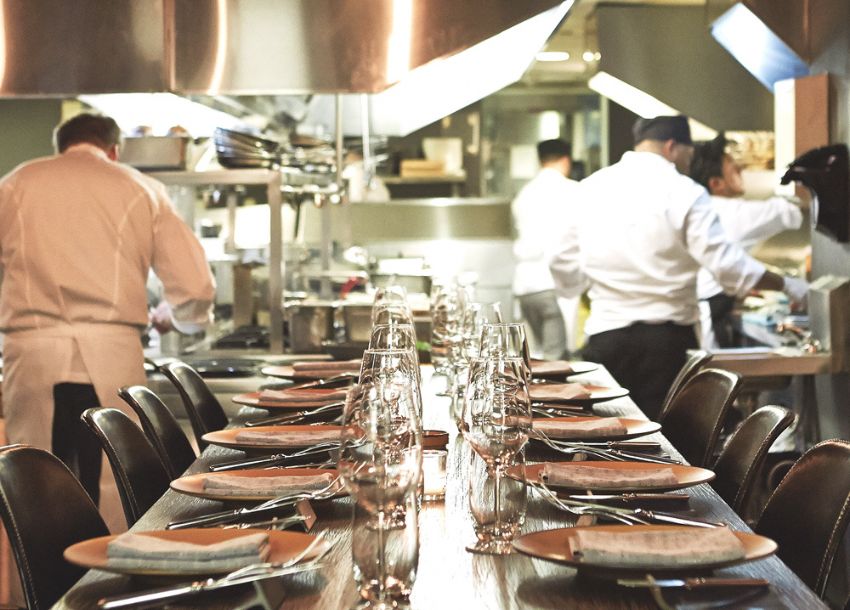Chef Tasting Interview: Guide to Success
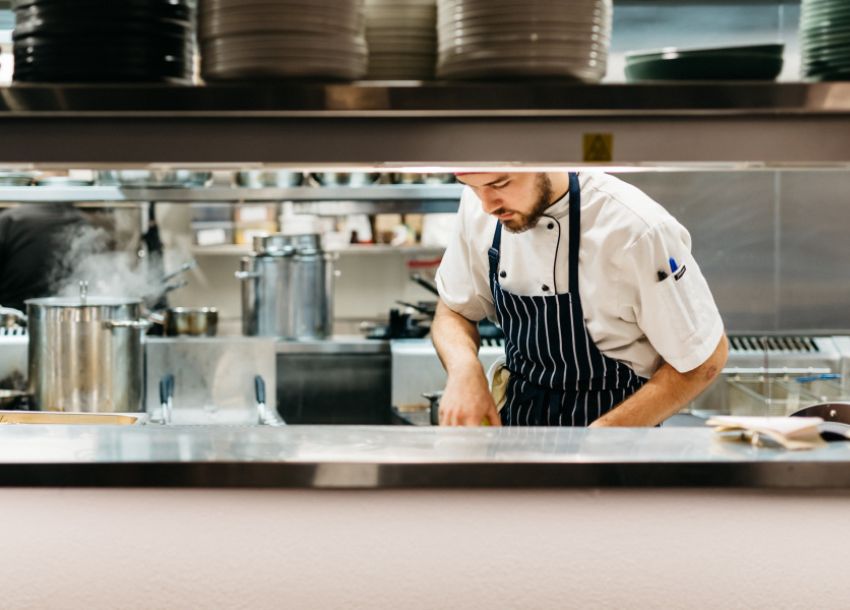
How to prepare for a chef tasting interview
How to ace your chef tasting interview is one of the biggest questions candidates ask during the hiring process. Tasting interviews aren’t just about whether your food tastes good – they’re about how you work under pressure, how cleanly you operate, how you interact with the team and whether you can deliver consistently. Get it right, and you’ll set yourself apart from other candidates. Get it wrong and even the best CV won’t save you.
This guide walks you through exactly how to prepare, perform and follow up so you can step into your tasting interview with confidence and walk out one step closer to the job.
What chefs are tested on in a tasting interview
A tasting interview can take many forms: a mystery market basket challenge, recreating the restaurant’s signature dishes, or preparing a dish of your choice. The format might vary, but the goals are the same – to see how you cook, how you think and how you handle the realities of service.
Employers will be looking at:
- The flavour, presentation and consistency of your dishes.
- Your organisation and mise en place.
- Your speed and timing under pressure.
- How well you communicate with other kitchen staff.
- Your hygiene, professionalism and overall kitchen etiquette.
Don’t be afraid to ask questions beforehand. If they say their focus is on seasonal, local produce – make sure your dishes reflect that.
Chef tasting interview preparation:
Do your homework
Research the venue’s menu, style and philosophy. If you’re interviewing at a fine dining restaurant, they’ll expect refinement and precision. If it’s a gastropub, bold flavours and comfort may be the priority. Check their website, social media and reviews to understand what matters to them.
If anything is unclear – such as how many dishes to prepare, how many people you’re cooking for, or whether you’ll need to bring any ingredients – ask ahead. It shows you’re organised and avoids awkward surprises on the day.
Prep smart – stick to what you know
This is not the time to test a brand-new recipe. Choose dishes you’ve cooked so often you could do them with your eyes closed. They should reflect your style but also be simple enough to execute perfectly under pressure.
Avoid overly complex techniques or hard-to-source ingredients. Keep flavours balanced and plating clean. Remember: consistency and execution matter more than pushing creative boundaries in this setting.
Bring your own gear and respect the kitchen
Arrive with your chef whites, knives and any specialty tools you can’t work without. While most kitchens will have the basics, you don’t want to be caught out because they don’t have your preferred whisk or fish spatula.
From the moment you step into the kitchen, you’re being observed. Be polite to everyone, from the KP to the head chef. Respect their space, ask before moving equipment and keep your station immaculate.
Work clean, cook smart and stay calm under pressure
Work cleanly and efficiently – wipe down as you go, keep your mise en place tight and avoid clutter. If something goes wrong (and it might), stay calm and adapt. A composed, solutions-focused attitude often impresses more than perfection.
Time management is critical. Serve your dishes when expected, being late to the pass in a tasting interview is a big red flag.
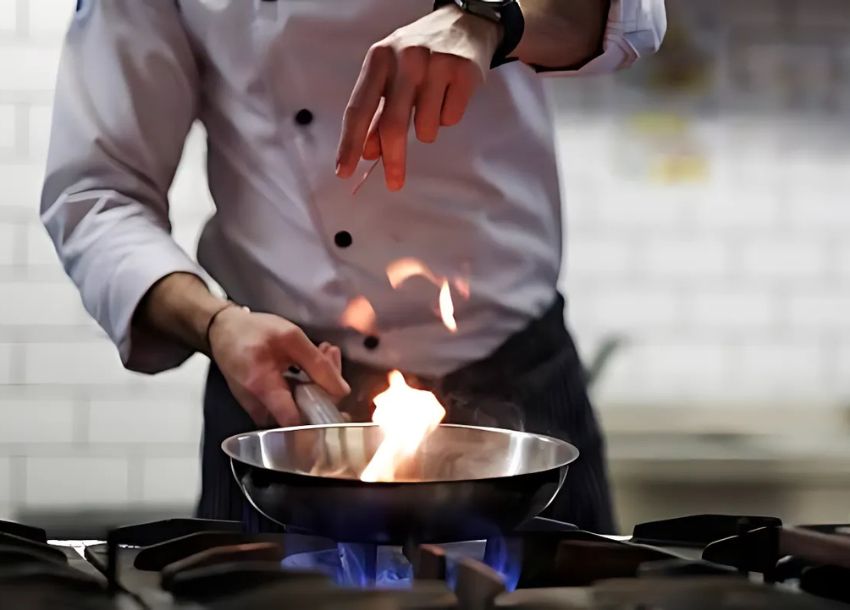
How to wrap up your tasting interview with professionalism
Once service is over, clean your station thoroughly. Thank the staff you worked with. If invited, head into the dining room to meet the panel, ask for feedback and be prepared to explain your dishes. Even if things didn’t go perfectly, maintain professionalism – you never know when you might cross paths again.
Finally, send a short thank-you email afterwards. It’s a small gesture that leaves a lasting positive impression.
Quick chef tasting interview checklist
- Confirm the format and expectations.
- Research the venue’s style and menu.
- Practice your chosen dish at home.
- Pack your whites, knives, and any essentials.
- Arrive early and ready to work.
- Stay calm, work clean and respect the team.
- Follow up with a thank-you.
Final thoughts…
A tasting interview is your chance to showcase not just your cooking skills, but your attitude, organisation and ability to handle pressure. Prepare well, execute with confidence and finish with professionalism and you’ll be remembered for all the right reasons.
–
FAQs about chef tasting interviews
What is a chef tasting interview?
It’s a practical test during the hiring process where you cook for the employer to demonstrate your skills, timing, and professionalism.
How should I prepare for a chef tasting interview?
Research the venue, practice your dish, bring essential tools, and clarify expectations before the day.
What should I cook for a chef tasting interview?
Something you know inside out, that aligns with the venue’s style and can be executed perfectly under time pressure.
What are common tasting interview questions for chefs?
Expect questions about your dish choices, sourcing, costing, allergens and how you adapt under pressure.
How do I handle mistakes in a kitchen trial or tasting interview?
Stay calm, adapt quickly and focus on delivering the best result possible without showing panic.
Should I follow up after a chef tasting interview?
Yes – send a short thank-you email to show appreciation and professionalism.

